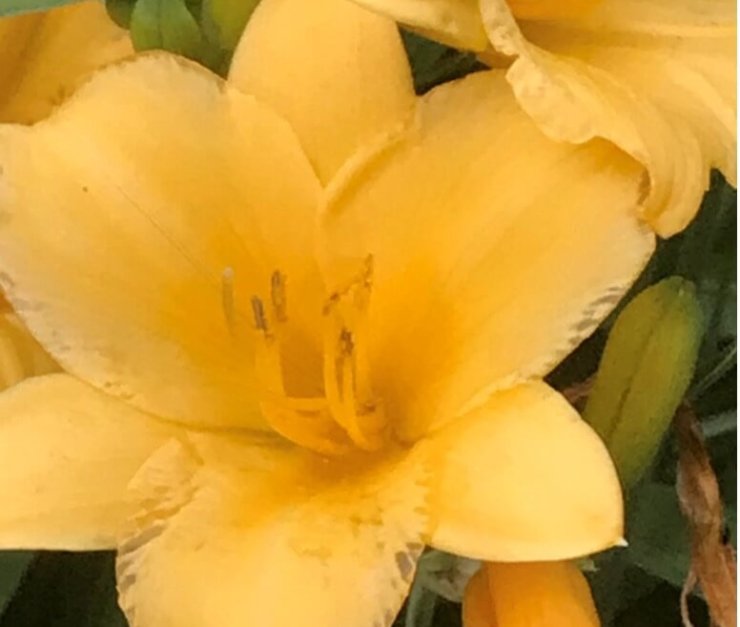
Squash blooms photo taken by Ben Cooper
The Winter of 2025 has already recorded record losses of bee colonies. But the good news is, honeybees are highly prolific and with the help of proper management, restoring these lost colonies are possible.
What makes these fascinating insects so beneficial? Apis mellifera, the scientific name of most honeybees in the United States, have a unique foraging habit called “floral constancy.” This trait allows them to attribute over $15 billion annually to crop production through pollination in the United States according to USDA-National Agricultural Statistics Service (NASS). Honeybees pollenate over 130 varieties of fruits, nuts, and vegetables according to NASS.
Discover 10 top tips for growing, harvesting, and enjoying fruits, vegetables, herbs and more from your home garden—when you access the FREEBIE How to Grow a Vegetable Garden, right now!
Let’s look closer at this floral constancy trait. A honeybee scout searches and locates specific flowering plants with a strong nectar (carbohydrate) or pollen (protein) source. She returns to the colony and preforms the “waggle” dance to attract attention from worker bees. Information is communicated sharing important facts such as bloom color, distance and direction from the hive, and the taste of the nectar source. Workers receive their flying orders and collect these essential resources for the colony. This action continues until the bloom source is depleted.
The worker bee will only go to the specified flowering plant as instructed by the scout. If the target bloom is a dandelion, the worker will only visit dandelion flowers, even if other flowering plants are in full bloom. Other scouts will direct other workers to those plants. The reason why floral constancy is so important is because pollination is limited to species specific blooms. A foraging worker bee encouraged to go to apple blossoms, will be more effective at pollinating all the apple blossoms in that area.
From a gardener’s viewpoint, all the vine crops such as melons, squash, and pumpkins have both male and female flowers. Cross pollination is critical to produce fruit. Honeybees make excellent work of keeping production levels high. With produce such as black berries and raspberries, crops yields can easily double.
The next logical question is, “How close do the bee hives need to be?” A worker bee will fly up to three miles to collect the needed resources for their colony. However, the further away the flower source is, the fewer trips a bee can make during the day. Ideally, it would be great if a colony of wild or managed bees were available every square mile. This would effectively cover the needs of wildflowers, vegetables, and trees. The problem is managed hives are not distributed equally. Having your own honeybee colony would be great. But it takes an investment of someone’s time and money to keep them. You can always contact your local County Extension office to see where the closest bee association or group can be found.
Another pollinator friendly option without stinging risks are mason bees. You can lease mason bees for your garden, but they don’t exhibit floral constancy. Whether you have your own bees, bees from someone else’s nearby apiary, or even feral colonies close by, your successful garden production depends upon these fascinating creatures.




